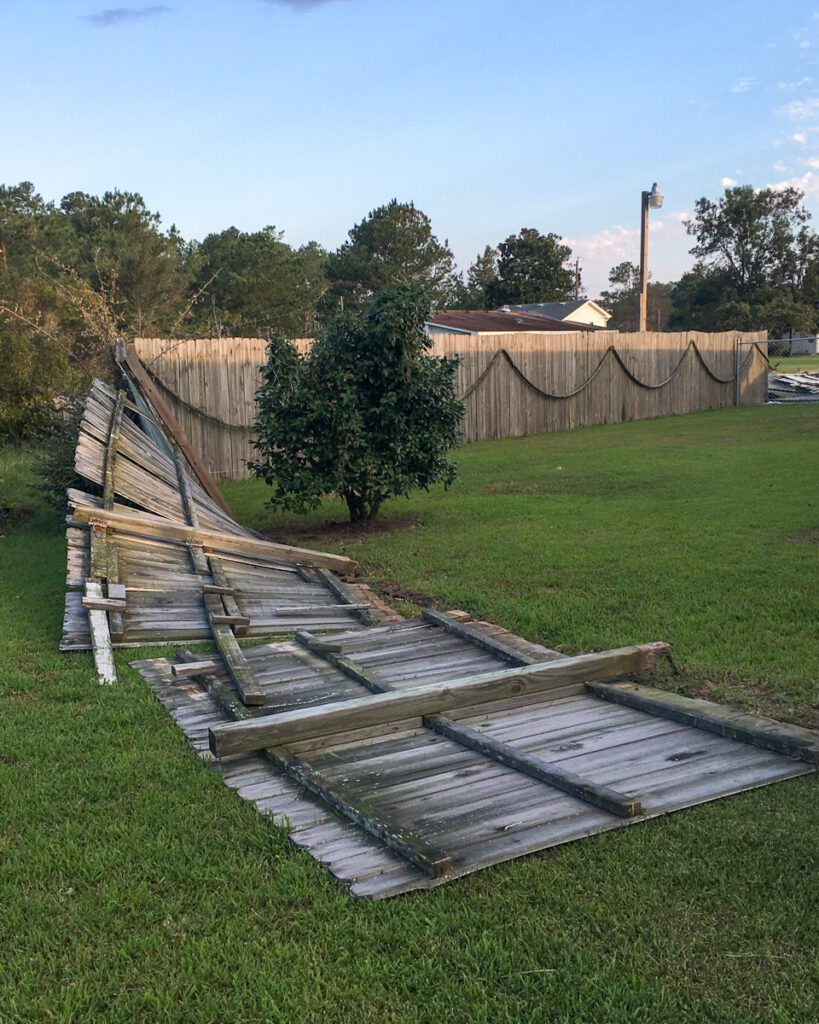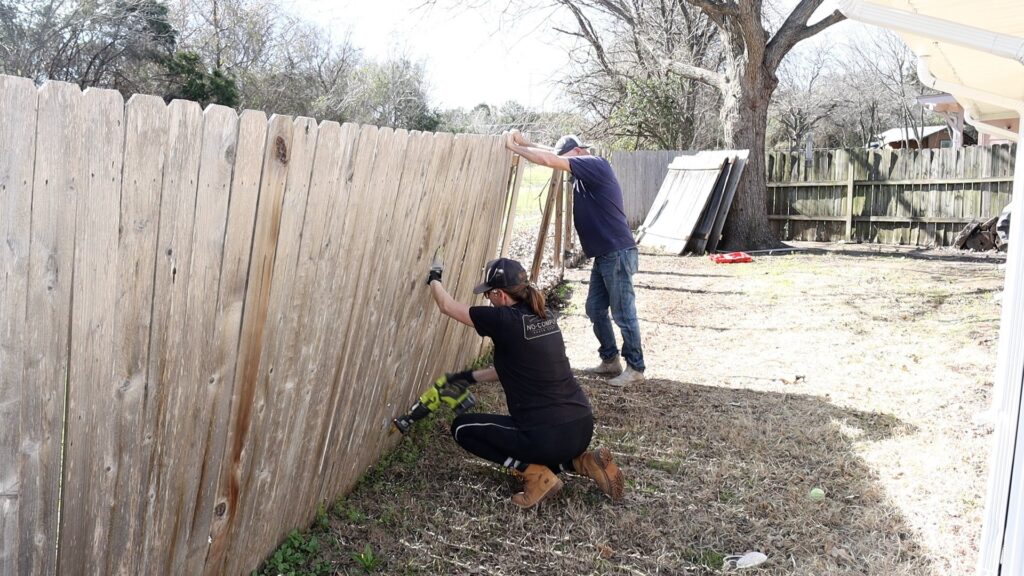Have you ever heard “Good fences make good neighbors?” Now, adjoining landowners are statutorily equally responsible for shared fences and boundary fences pursuant to California Civil Code Section 841 which took effect January 1, 2014. Adjoining or contiguous landowners are now faced with a presumption that because they share an equal benefit of a shared or boundary fence that they are equally responsible for the reasonable costs of construction, maintenance, or necessary replacement of the fence. Property managers or rental property management companies whose clients’ properties are affected by this new law must be mindful of the change and be aware of the procedural requirements dictated by the state legislature.

Statutory Notice Requirements for Repairing or Replacing Fencing – New California Shared Fence Law
Landowners, or property managers, who wish to replace an existing common boundary fence, must give each affected adjoining landowner a 30-day prior written notice of any intent to incur costs for a common or boundary fence. For those of us who manage properties for clients here is where you need to pay attention. The statutory ‘Notice of Intent’ must including the following elements:
1) A notice of the presumption of equal responsibility for the reasonable costs of construction, maintenance, or necessary replacement of the fence;
2) A description of the nature of the problem with the shared fence;
3) The proposed solution for the problem fence;
4) The estimated construction or maintenance costs to address the problem;
5) The proposed cost sharing approach; and
6) The proposed timeline for addressing the problem fence.
On a personal note, along with the statutory notice, as a Property Manager I would include or attach a copy of the law and a reference to the state website, and any other supporting documentation to help facilitate the neighbors understanding that the law has changed. If they are initially resistant I would also counsel them to review the law, the state website, and any other resource material to help them understand their obligations.

Burden of Proof to Show Inability to Pay is on the Objecting Landowner
A landowner who wishes to repair or replace a fence will have to sue to enforce the statutory presumption if their neighbor objects. Objecting landowners have a right to contest their new statutory obligations, but the burden of proof is all on them. An objecting contiguous or adjoining landowner has the burden to overcome the presumption described in the new state law by adequately demonstrating to a court (which means a judge) by a preponderance of the evidence (which means evidence that is slightly greater than evidence against it) that imposing equal or shared responsibility on them would be unjust. To determine whether equal or shared responsibility for the reasonable costs of common or boundary fence repair or replacement would be unjust, a court will consider the following evidence through testimony and documents:
1) Whether the financial burden on the objecting landowner is substantially disproportionate to the benefit conferred upon the proponent landowner;
2) Whether the cost of the new fence would exceed the difference in value of the (burdened owner’s) property before and after it’s installation;
3) Whether the financial burden to the objecting landowner would impose an undue financial hardship given that party’s financial circumstances as demonstrated by reasonable proof;
4) The reasonableness of a particular construction or maintenance project, including the extent to which the costs appear to be unnecessary, excessive, or the result of one landowners personal aesthetic, architectural, or other preferences; and
5) Any other equitable factors appropriate under the circumstances.
Many times the cost of the fencing divided by two or three parties will be low enough to handle these cases in a small claims division of the local superior court house. If the case is in small claims court attorneys will not be involved so costs for this type of lawsuit will be minimal. It is paramount that any property management personnel involved with conversations with neighbors relating to these issues be memorializing all conversations including taking notes and sending letters to the neighbors. An accurate written record of all conversations will help preserve precisely what occurred during the period negotiation between neighbors should something end up in court.

Property Managers Will Probably Be the Advocates Selling the New Fence to the Neighbor
When the fencing around the perimeter of your client’s property fails and needs replacement, nine times out of ten cooperation of each neighbor seemingly carries the day and allows for a smooth transaction and replacement of the fence. Property managers will most likely be involved in these conversations. However for those occasions when the neighbor objects and does not want to pay or participate in the project please be mindful of the above procedures so that you can help your clients fully and faithfully through these issues.

Prior Existing Law is Repealed
The new law does not apply to a city, county, political subdivision, public body, or public agency. Prior existing law enacted in 1872 which required a landowner who fully enclosed a property to refund their neighbor a just proportion of the value of a division fence is repealed due to this new law.
David currently is the broker/owner of several real estate related businesses which manage and maintain 300+ client properties on the San Francisco Peninsula.
Trust, transparency, and performance guarantees are the foundation of these businesses. David challenges anyone to find a PM professional that offers services similar - extensive education, customer service, and performance guarantees.
David also provides consulting for his clients on property development feasibility, construction, and complex real estate transactions.
David has authored a published law review article, three real estate books, and over 150+ real estate blog articles.
- “Wildfires, Insurance & Mortgages: Will Your Home Survive the Financial Aftermath?” - March 3, 2025
- What’s Driving California’s Commercial Real Estate Shakeup? - February 27, 2025
- Critical Issues in Triple Net Leases Investors Should Know - February 14, 2025

